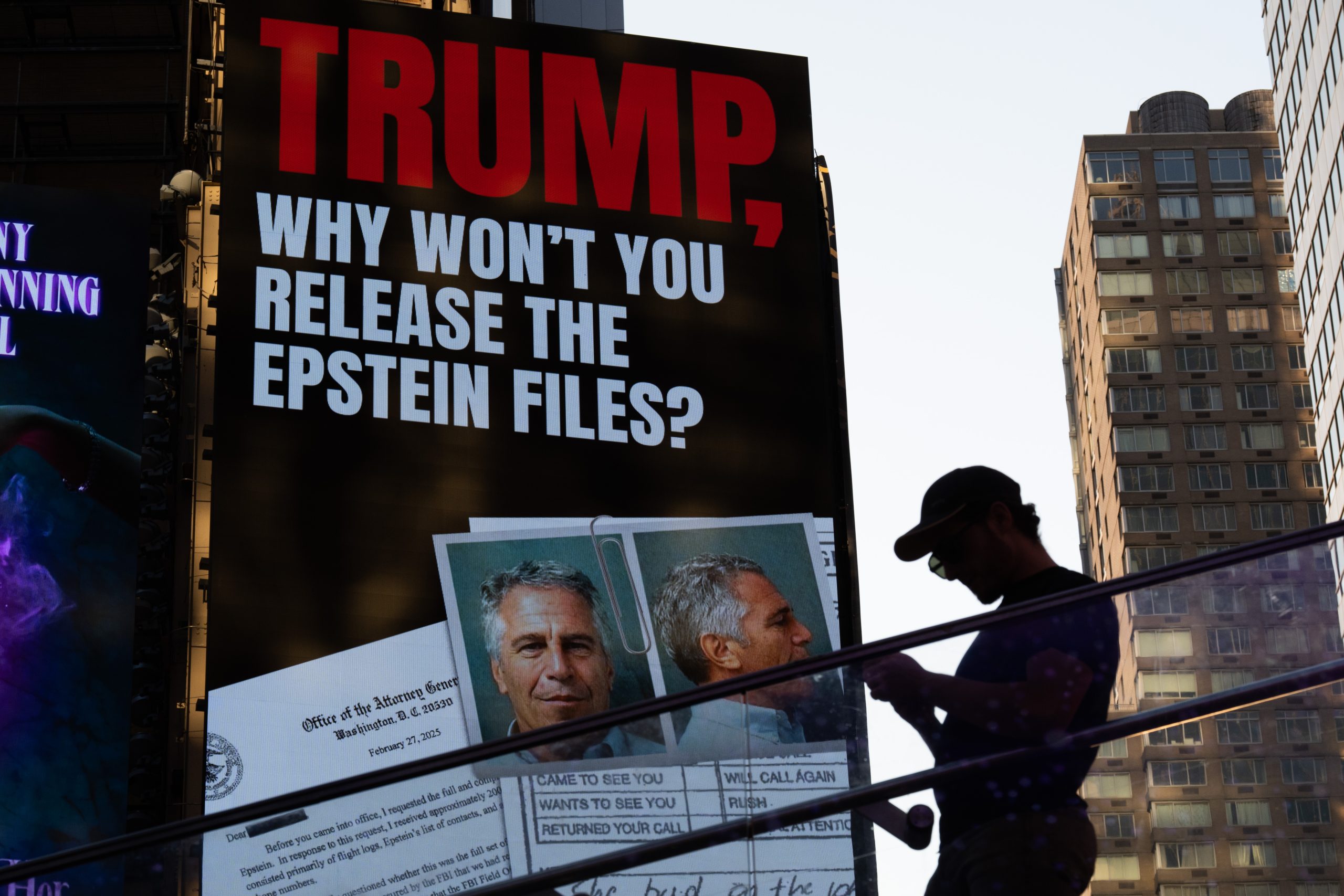The shadow of Jeffrey Epstein continues to loom large over American politics, even years after his death. The recent release of 20,000 pages of documents by the House Oversight Committee has reignited the controversy, specifically highlighting the extent of Donald Trump’s relationship with the convicted sex offender. The documents, obtained from Epstein’s estate, paint a concerning picture, further fueled by the resurfacing of a suggestive birthday card Trump sent to Epstein.
Trump’s Epstein Connection Under the Microscope
The repeated appearance of Donald Trump’s name in the Epstein files is not new, but the sheer volume of documentation and the suggestive nature of some of the evidence have amplified the scrutiny. Critics are questioning the depth and nature of their relationship, demanding a full accounting of Trump’s interactions with Epstein and his associates. The documents raise serious questions about potential awareness or involvement in Epstein’s illicit activities.
Why Didn’t Biden Act? The Lingering Question
However, the renewed focus on Trump’s ties to Epstein has also sparked a parallel line of inquiry: why didn’t former President Joe Biden, Trump’s political rival, release these files during his time in office? If, as the current documents suggest, the government possessed incriminating information about Trump’s connections to Epstein, why was it not made public sooner? This question has become a focal point of political debate, with some accusing Biden of a calculated decision to withhold information for strategic reasons.
Political Implications and the Search for Truth
The delayed release of the Epstein files raises questions about transparency and political maneuvering. While the initial focus was on uncovering the truth about Epstein’s crimes and the involvement of powerful figures, the situation has become increasingly politicized. The timing of the document release, coupled with the questions surrounding Biden’s actions, suggests a complex interplay of legal, ethical, and political considerations. Ultimately, the public deserves a complete and transparent accounting of all information related to the Epstein case, free from political interference. The belated release of information only serves to fuel speculation and erode trust in the political process.
CONCLUSION:
The Epstein saga continues to be a potent force in American politics, exposing uncomfortable truths and raising difficult questions about power, influence, and justice. As more information surfaces, it is imperative that the focus remains on holding accountable those who were complicit in Epstein’s crimes and ensuring that such atrocities never happen again. The belated release of files and the questions surrounding political motivations only serve to complicate the pursuit of justice and the restoration of public trust.
Based on materials: Vox





